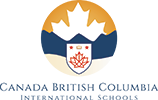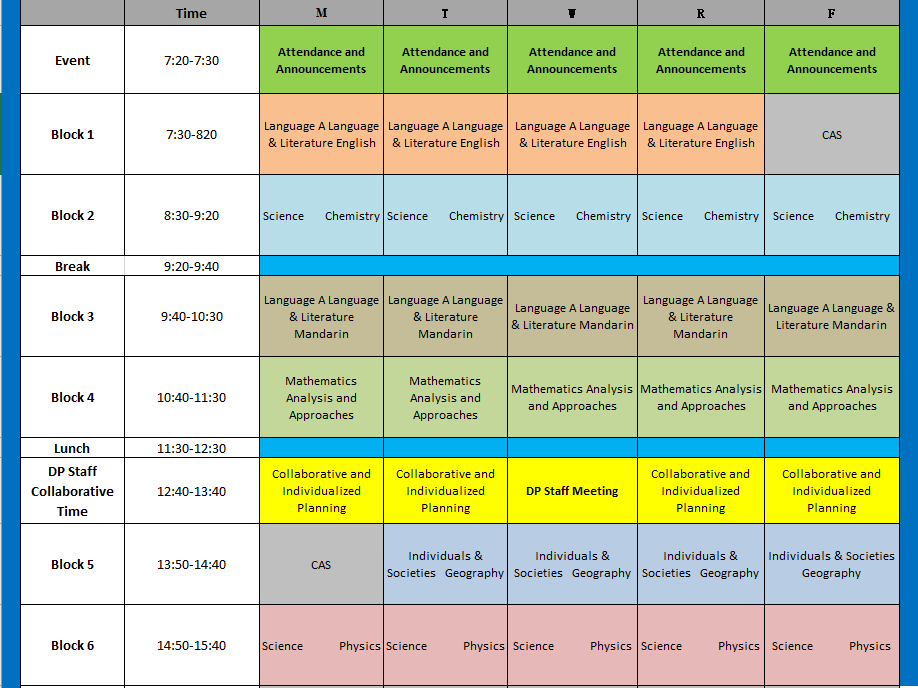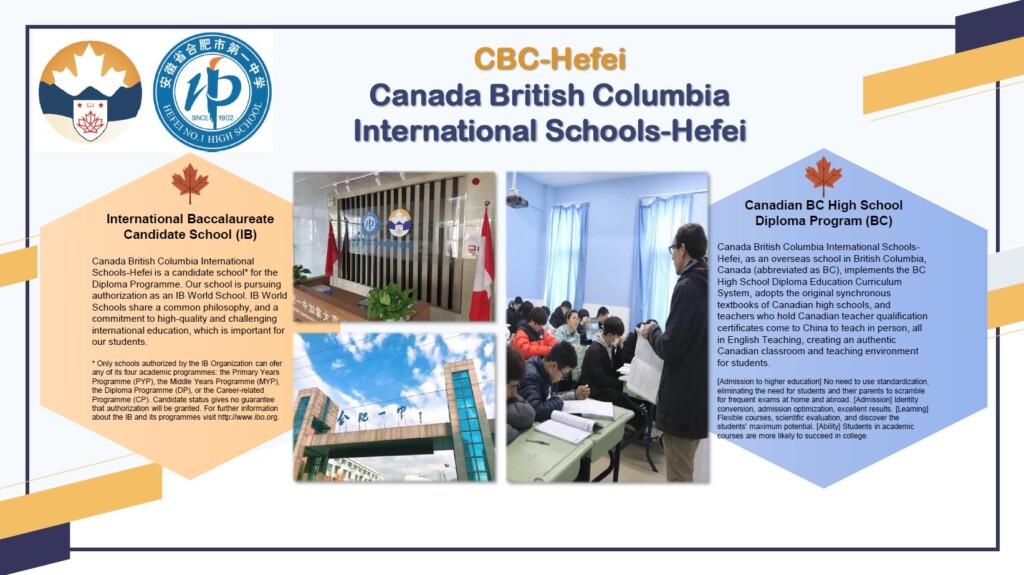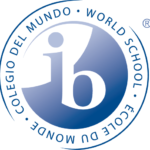
CBC-Hefei and the International Baccalaureate (IB) Diploma Programme (DP)
CBC-Hefei is an authorized IB World School for the International Baccalaureate (IB) Diploma Programme (DP) and began offering the IB DP to students in the 2021-22 school year. IB World Schools share a common philosophy – a commitment to high quality, challenging, international education that we believe is important for our students. CBC-Hefei will provide a valuable opportunity for students to engage in the world-renowned education experience associated with the IB DP.
For further information about the IB and its programmes visit http://www.ibo.org.

About Our Head of School
Rob Tardif served as Principal of CBC-Hefei’s British Columbia Offshore Program for 5 years, oversaw the authorization of the IB Diploma Programme, and provides continued guidance in the operations of the IB DP. As an educator who values a focus on skill development, community building , social responsibility and lifelong learning, Mr. Tardif fully embraces the IB Learner Profile and has been instumental in creating a program that not only meets the requirements of the IBO but also benefits all stakeholders at CBC-Hefei.
Educational experience: Master of Education, Bachelor of Education and Bachelor of Arts. He has taught in South Korea, China and other countries and has 13 years of teaching and management experience.
Teaching Style: Edutainment, humour and wit.
Teacher’s Quotations: I like the fact that everyone here builds a more positive environment through their own cultural enthusiasm. A good working environment also makes a good school!
Our Mission
We are dedicated to preparing our students for success in a rapidly changing world by providing a supportive learning environment that promotes:
- inquiry and collaboration within the classroom
- recognizes and respects individual differences within the school community
- celebrates community involvement
- and allows students to position themselves as individuals in a global world
Why Canada British Columbia International Schools – Hefei No. 1
IB DIPLOMA PROGRAMME
The IB Diploma Programme in Canada British Columbia International Schools – Hefei No. 1
We are an authorized IB World School offering the Diploma Programme (DP) to grade 11 and 12 students. The IB DP is a challenging, internationally focused, broad and balanced educational experience to students in a positive and supportive community with a focus on high expectations and high levels of achievement.
Our community and programming are committed to providing a personalized education that aims to prepare students to make the very best of opportunities and challenges in their future academic, vocational, and personal lives. As education shifts in focus from content delivery and memorization towards learning experiences based on learner-centric development of non-routine cognitive and interpersonal skills, we view the DP as best suited to align and accommodate for this direction as well as a steppingstone in student development towards becoming adaptable lifelong learners and contentious citizens.
When we consider the opinions and feedback of university admissions officers on the DP, it gives us confidence in the value of the rigorous and holistic educational programme.
“they [university admissions] value IB graduates and their critical thinking, how they see them as life-long learners, and how they value the other social and academic skills they bring into university classrooms with them, recognizable so from students prepared by other programmes. Research has shown that IB graduates come to university better prepared for university work than any other graduates, add value immediately in the classroom as conversationalists and as thinkers”
Dr Siva Kumari, Director General of the International
Baccalaureate
At Canada British Columbia International Schools – Hefei No. 1, we understand that a well-rounded educational experience, development of the whole student, is as much about acquiring academic skills and qualifications as it is about exploring and shaping personal and interpersonal attributes. With this in mind, we have developed an advisory programme that supports students’ academic and social-emotional growth, providing dedicated time alongside academics in the schedule for students to follow their interests and passions in athletic, artistic and community service activities as well as engage in workshops of personal interest.
We encourage you to explore the content available here to gain an understanding of the DP programme at Hefei No.1 Middle School and contact our programme coordinator or call to schedule a personal meeting to discuss any questions you may have.
Connect with our DP Coordinator
iisabellemathieu@cbcschools.ca
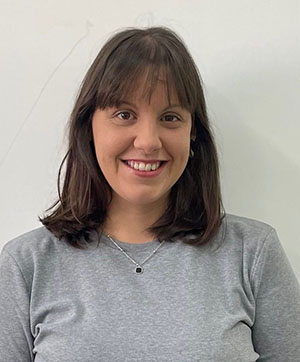
CONTACT US
We are happy to answer your questions.
Address: 5th Floor, International Department, Hefei No.1 High School, 2356 Xizang Road, Binhu New District, Hefei
Office House: 8:30 am to 5:30 pm
Phone: 19956058176; 17344095420; 15357710541

